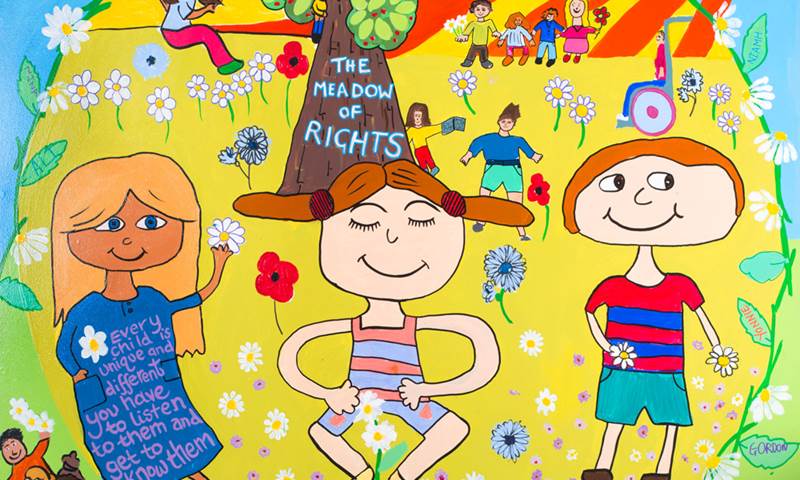Our website uses Cookies - by using this site or closing this message you're agreeing to our Terms & Conditions, Cookie Policy and Privacy Policy
xNew report assesses children’s participation and empowerment during UNCRC session
Date: 19th November 2019
Category:
Reporting to and monitoring the UNCRC, Respect for the views of the child

Children’s Rights Connect has published an analysis highlighting how the UN Committee has addressed children’s participation and empowerment of children human rights defenders (CHRDs) during its 82nd session.
During its sessions, the Committee conducts a dialogue with the countries that have ratified the Convention and/or its Optional Protocols. The aim is to assess progress and shortfalls in their implementation. During the 82nd session, the Committee reviewed several countries, including Australia, Bosnia and Herzegovina, Mozambique, Portugal, Republic of Korea, Georgia and Panama.
The analysis outlines the specific questions and comments on children’s participation and CHRDs that were made by the Committee to the countries’ delegations during the constructive dialogues, as well as the references to children’s participation and CHRDs that can be found in the Concluding Observations.
The analysis notes that the questions raised by the Committee mainly focused on the general principle of the Respect for the Views of the Child, within the family, government (in the development of various laws, policies and programmes and in budget allocation), in school settings and in judicial proceedings affecting them. There was a notable increase in questions relating to children’s participation in environmental decision-making, civil rights and freedoms, and empowerment (such as freedom of association and freedom of expression).
Children’s participation and CHRDs were also addressed under the following clusters:
- general measures of implementation (allocation of resources, comprehensive policy and strategy, dissemination, awareness-raising and training)
- general principles (best interest of the child)
- civil rights and freedoms (freedom of expression, association and peaceful assembly, access to appropriate information)
- violence against children (abuse and neglect, corporal punishment)
- family environment and alternative care (children deprived of a family environment, adoption)
- disability, basic health and welfare (children with disabilities, adolescent health, impact of climate change on the rights of the child)
- education, leisure and cultural activities (education and the aims of education, education, including sexual violence in schools)
- special protection measures (children in street situations)
Read more about how the Committee monitors children’s rights implementation.
